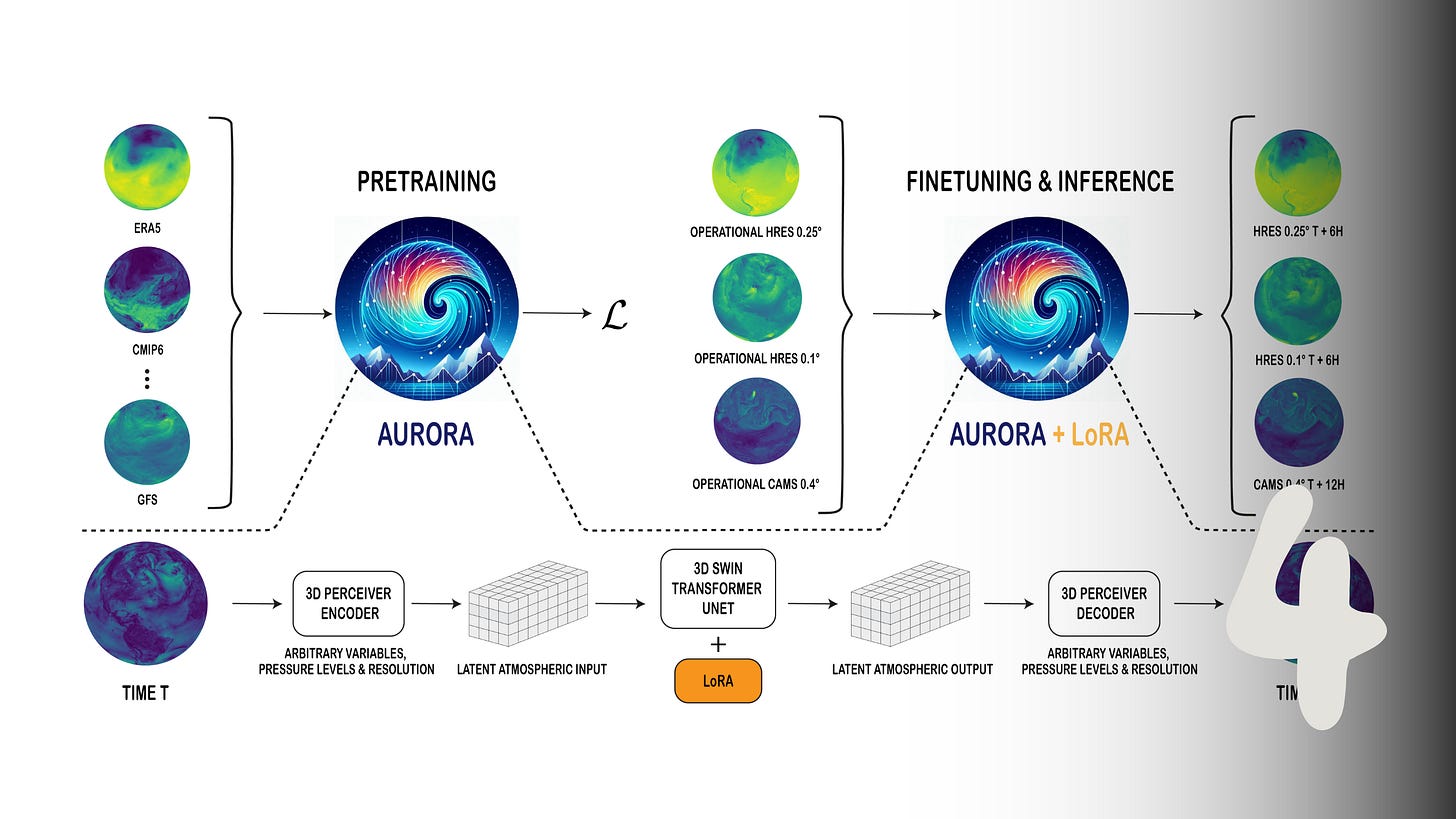🎉 Right to Warn, AI Antibiotics, AGI by 2027, Accurate Weather Prediction, Perplexity Pages
Whistleblower Protections, 1M New Antibiotics, The Aschenbrenner Address, AI is a Better Weather Man, The New World of SEO
Welcome to this week’s edition of AImpulse, a five point summary of the most significant advancements in the world of Artificial Intelligence.
Here’s the pulse on this week’s top stories:
What’s Happening: Current and former employees from top AI labs, including OpenAI, Anthropic, and DeepMind just published an open letter calling for companies to expand whistleblower protections so workers can raise the alarm about potential AI dangers without fear of retaliation.
The details:
The ‘Right to Warn AI’ petition was crafted by current and former employees of OpenAI, Anthropic, and Google DeepMind.
The open letter was also endorsed by AI visionaries Yoshua Bengio, Geoffrey Hinton, and Stuart Russell.
The statement pushes for AI firms to agree to several principles:
Eliminating non-disparagement clauses concerning AI risk
Establishing and facilitating anonymous channels for raising concerns
Expanding whistleblower protections and anti-retaliation measures
Several researchers posted threads on their experience, with Daniel Kokotajlo revealing he quit OpenAI after ‘losing hope’ the company would act responsibly.
Why it matters: The AI safety discourse is reaching a boiling point, and there is clearly a major industry divide that transcends any one AI firm or researcher. The proposed principles seem reasonable and necessary — but it remains to be seen if the top AI leaders will actually listen.
What’s Happening: Researchers just published a new study detailing the use of AI to predict close to 1M new antibiotics hidden within tiny microbes all over the world, uncovering new potential treatments against bacteria and superbugs.
The details:
Researchers used AI to analyze publicly available data on over 100,000 different genomes and meta-genomes.
The AI then predicted which parts of the microbial genomes could potentially produce antibiotic compounds, generating a list of nearly one million candidates.
100 of the AI-predicted drug candidates were tested in the lab, with 79 of them being a potential antibiotic.
The paper’s author Cesar de la Fuente said the findings are “the largest antibiotic discovery ever”, accelerating the process from years to just hours.
Why it matters: As the world faces growing threats from antibiotic-resistant bacteria, AI’s ability to unlock millions of new potential treatments could be a lifeline toward staying ahead in the race to outsmart superbugs responsible for millions of deaths every year.
What’s Happening: Former OpenAI researcher Leopold Aschenbrenner just released a new essay series detailing his view on AGI, saying the rate of AI progress will be the most intense and volatile events in human history.
The details:
Aschenbrenner says that ‘nobody is pricing in’ what is coming in AI, and to expect another GPT-2 to GPT-4 level jump by 2027 (that would take us to AGI).
The researcher predicts that hundreds of millions of AGI would then rapidly accelerate progress, compressing decades of progress into a year.
He also discussed the economic and military advantages that will come with AGI, calling it a national security issue that needs its own ‘Manhattan Project’.
Aschenbrenner reiterated these views on the Dwarkesh Podcast, also revealing he was fired from OpenAI after raising AI security concerns.
Why it matters: As an insider at OpenAI, Aschenbrenner's analysis carries weight — and his projections paint a striking picture of how radically AGI will reshape the world. His commentary on the firing also raises even more drama, given OpenAI’s current media battle with former researchers and the board over safety concerns.
What’s Happening: Microsoft researchers just introduced Aurora, a new AI foundation model trained on over 1M hours of weather and climate data that can generate accurate weather forecasting insights.
The details:
Aurora produces accurate forecasts across a variety of weather scenarios, including extreme events or areas with limited data.
The 1.3B parameter model can generate a 5-day global air pollution prediction in under 60 seconds.
Aurora also produces 10-day global forecasts at high resolutions, beating both the top models and specialized AI weather systems.
Why it matters: Aurora’s success could usher in a huge shift in the way we do weather forecasting. With the recent progress of AI models, combined with massive amounts of atmospheric data — the day that the weatherman is truly right 100% of the time might be coming sooner than most people probably think.
What’s Happening: AI startup Perplexity just launched a new feature called Pages, which allows users to easily create customizable, visually appealing AI-generated articles, guides, and reports. If you haven’t yet seen it in action take a look at this video, it’s very cool!
The details:
Pages tap into Perplexity's AI search models to find information and generate a structured report on the requested topic with citations.
Users can tailor the writing style to beginners, experts, or a general audience and can modify the structure by adding, rearranging, or removing sections.
The tool also automatically incorporates visuals into the generated pages, which the user can further customize.
Perplexity Pages are publishable, shareable, and are already being picked up by search engines like Google, potentially changing the SEO landscape.
Why it matters: While LLMs have already upended content creation, Perplexity just took things a step further. The question is whether Pages is actually adding reliable, quality content, or just adding to the surplus of SEO-optimized AI-generated junk already plaguing the web.






